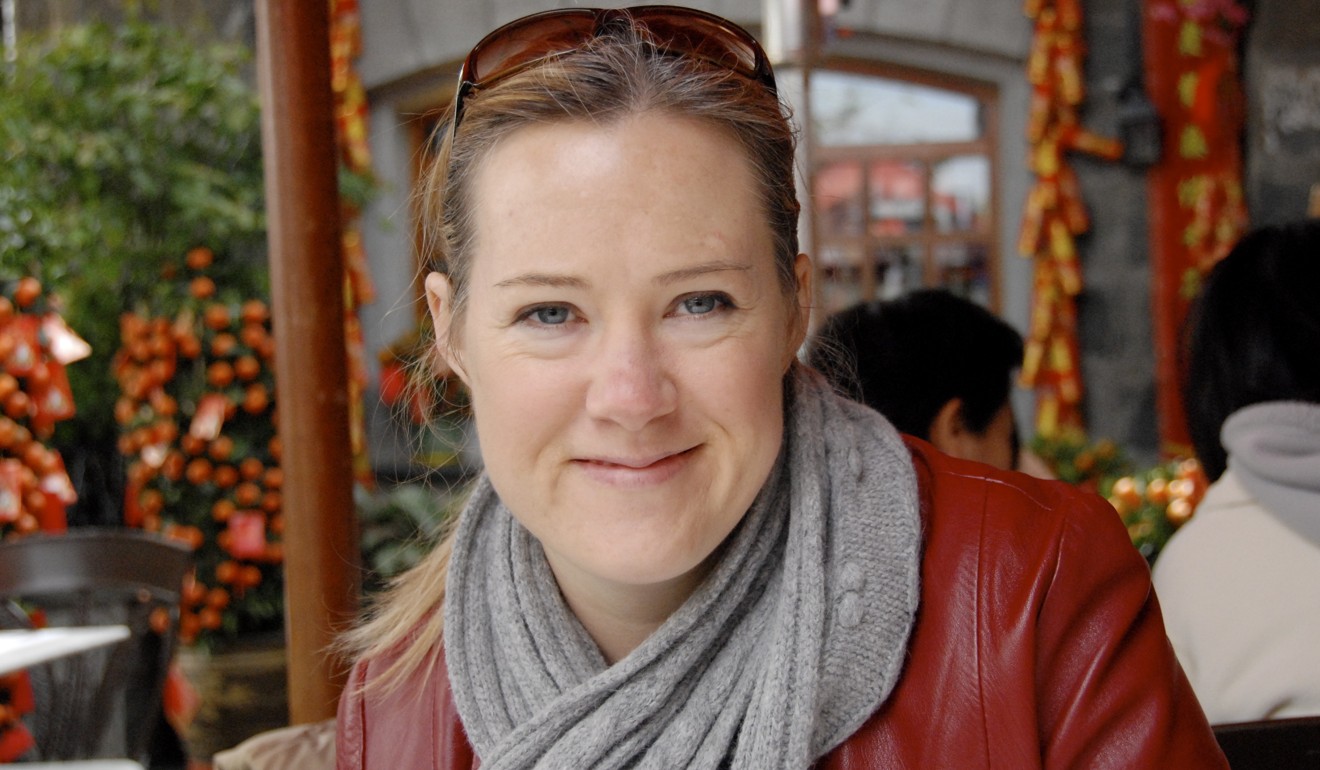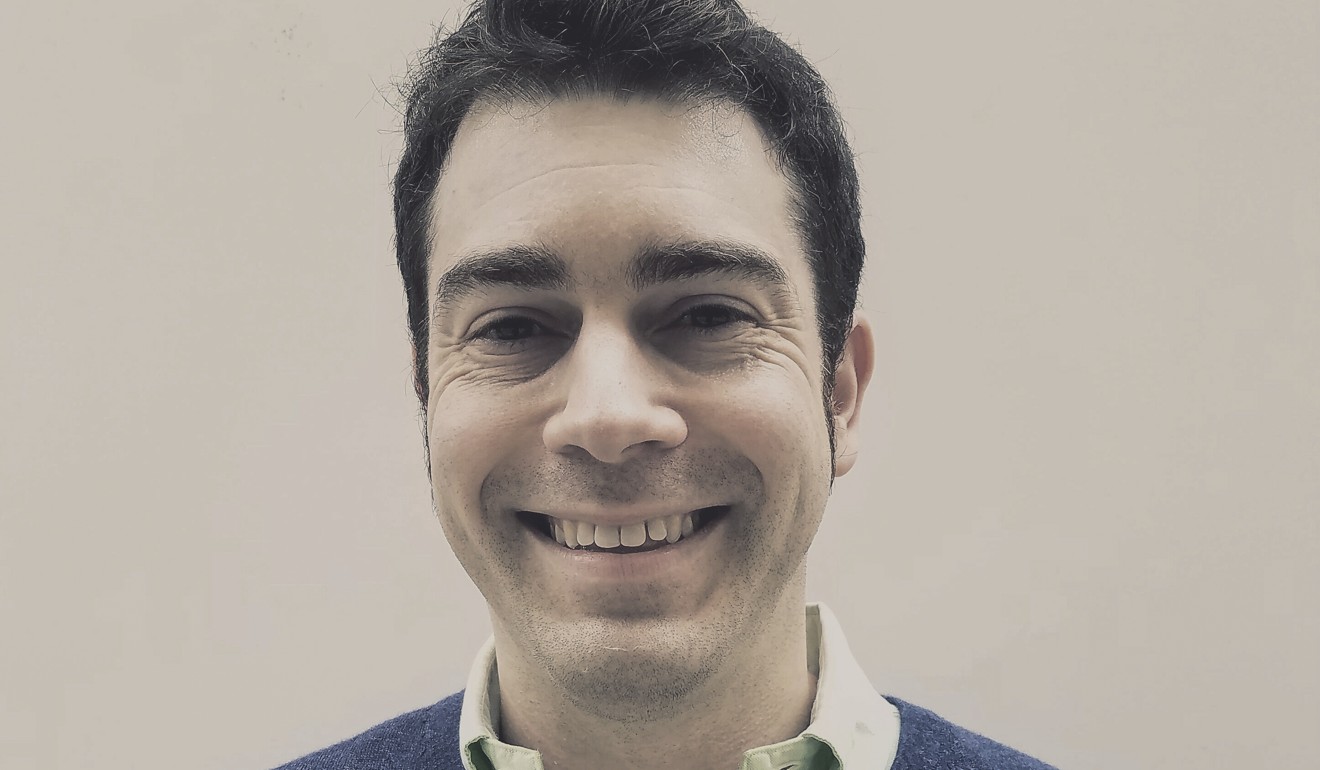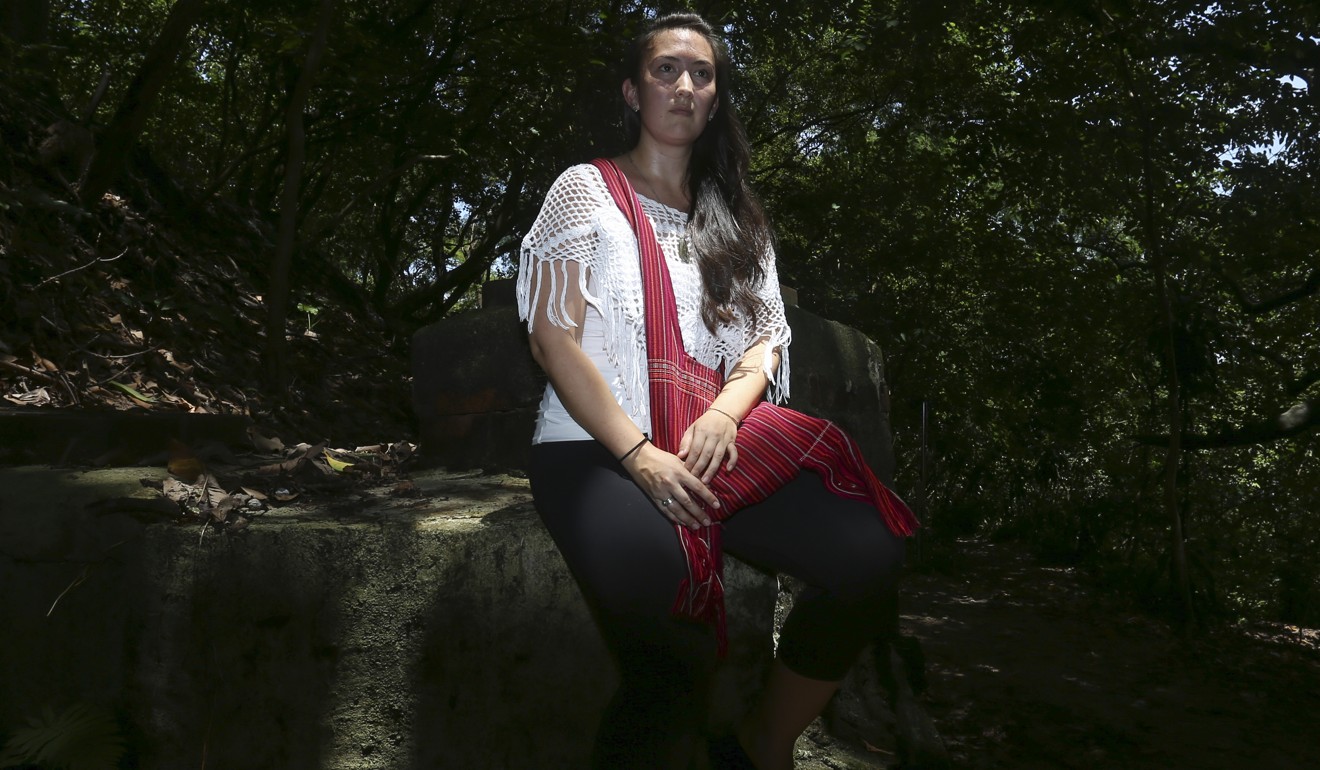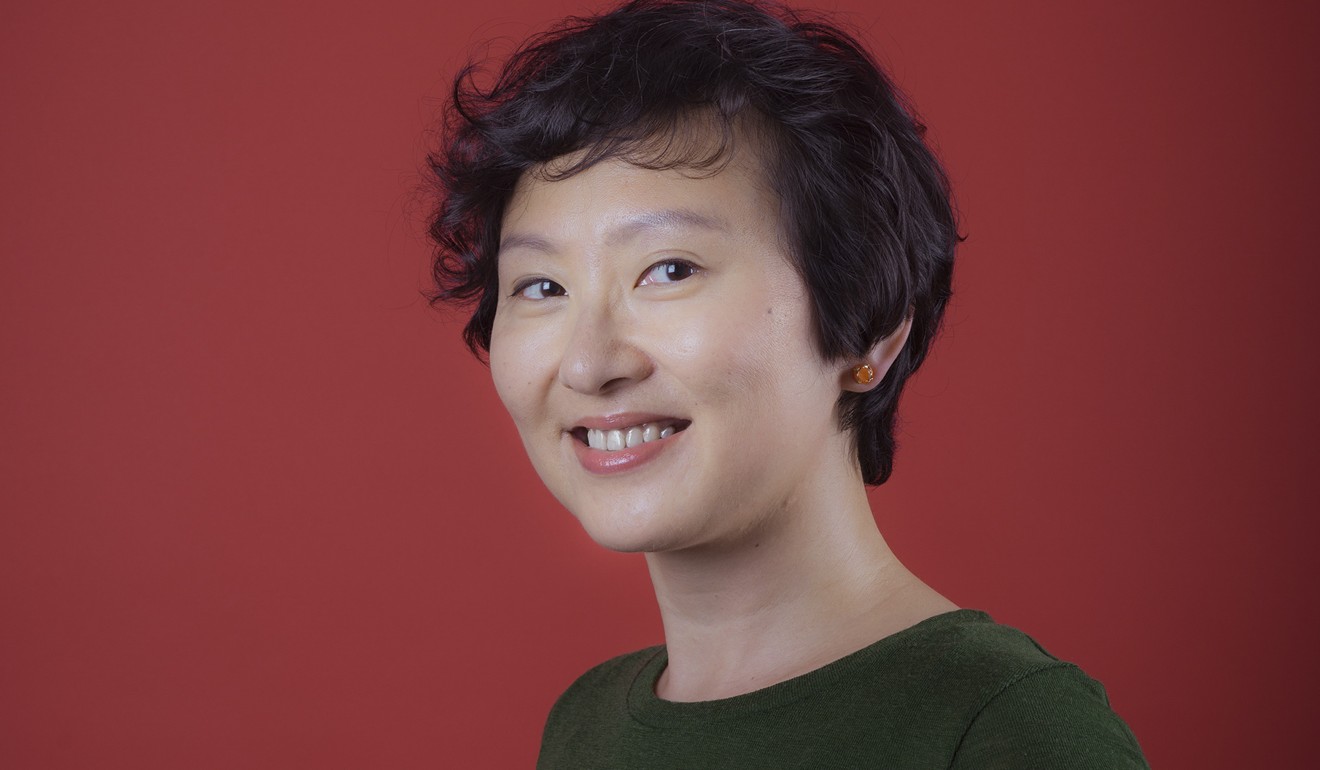
Why stressed Hongkongers should take a hike, not a pill, and let nature heal them
Depression, attention deficit disorder, chronic disease – immersing yourself in the smells and sounds of nature with a slow walk in the countryside can relieve them all and do wonders to ease the pressure of city living, say eco-therapists
Can eco-therapy help with anxiety and depression?
The short answer: yes
Caroline Sprod enjoys hiking with her husband and dogs every weekend near their home on South Lantau. “For me, walking in nature isn’t just about getting exercise,” says the development director for Asia-Pacific for the non-profit organisation Room to Read. “It’s also de-stressing. Life in Hong Kong can get pretty hectic, so being in nature helps relieve some of the pressure. I see it as an escape and as a way to connect with myself and the natural world.”
Sprod has also gone on nature walks with Kembali, a Hong Kong-based company that offers guided forest therapy walks, or forest “bathing” experiences.

Eight Hong Kong canyoning adrenaline junkies pushing themselves to the edge
Eco-therapy is thought to be so effective for stress, anxiety and depression that more Western doctors are urging their patients to take a hike instead of popping a pill. Michael Eason is one psychologist who believes that eco-therapy has its place in the treatment of some conditions.
“Eco-therapy is about reconnecting with nature and becoming more grounded in the natural world,” says Eason, who practises at MindnLife in Hong Kong’s Central district. “While pharmaceuticals certainly play a major role in the treatment of some mental health conditions, there are often cases where medication is not necessary, and/or clients are resistant to beginning a regimen of pills.
“In these situations, the prescription might be simply to spend time in nature. But it doesn’t just include walking. Eco-therapy also includes activities such as gardening, hiking, and horticulture.”

It is among the most recent of dozens of books on this topic to have been published in the past decade. Other notable titles include The Nature Fix, With Nature in Mind, and Your Brain on Nature.
Hong Kong parents told to take children outside to reach mental and physical potential
A 2013 University of Essex study, published by the mental health organisation Mind, found that nine out of 10 patients with anxiety or depression demonstrated “higher-self-esteem after a walk through a park”. Additionally, three-quarters of these patients also reported feeling less depressed.
Hiking and boating are ‘treatments’ that I like to suggest to clients with anxiety and mood disorders
Eason, who is also a US-licensed psychotherapist, adds that other studies show that eco-therapy is effective for depression, attention deficit disorder and some chronic diseases.
But how does being in nature help? “It’s soothing,” Eason explains. “The sounds associated with nature, like chirping birds and flowing streams, can lower pulse rate and blood pressure and have a naturally calming effect on the mind.”
Hong Kong needs more public open space, for people’s physical and mental well-being
Eason himself recommends eco-therapy to his patients and says that Hong Kong, with its wealth of green spaces, is the perfect place to decompress.
“Hiking and boating are ‘treatments’ that I like to suggest to clients with anxiety and mood disorders,” he says. “As well as having a soothing effect, these forms of exercise boost the production of endorphins – ‘happy hormones’ that can improve mood and reduce pain perception.”
These activities can be done in groups, he says, and group activities are often suggested for patients who struggle with social anxiety and who lack social support networks.
“I’ve found that being in nature engages people in something larger than, and outside of, themselves, helping them to regain feelings of connection and attachment to the world around them. This feeling of connection and engagement is essential for optimal mental health and well-being.”

Jasmine Nunns, who founded Kembali in June and conducts guided forest walks in places such as Sai Kung East Country Park and Lantau Island, says that most of our senses have been dulled by the experience of living in the city.
Forest “bathing” offers the chance to hear new sounds, pick up on scents from the forest, taste the air, touch the trees, channel the imagination, and simply feel happy.
“Kembali means return in Indonesian, so the walks are about reconnecting with this belief that we were born of our natural environment and hence, to ourselves and to others,” Jasmine says. “It’s easy to head into the forest or any natural setting and leave without thinking about how to develop a reciprocal relationship with the natural world.
“What makes forest bathing different is that it encourages you to slow down, make you more aware of your senses, and also inspire you to ask how the forest is perceiving you.”
Will a lack of open space damage generations of Hongkongers?
Amanda Yik, who also conducts guided forest walks under her company, Shinrin-Yoku Hong Kong, says that people may be surprised at how “talkative” Mother Nature can be.

“In forest therapy we believe that the forest is the therapist, and that being in nature mindfully is inherently healing. People who walk with me say that being in nature gives them peace of mind, makes them feel nourished and grounded, and helps them worry less.”
Sprod agrees that eco-therapy can help you distinguish between thoughts that are worth holding onto and worries that should be forgotten.
“During my walks, certain thoughts might pop up from my subconscious mind, such as the need to stop comparing myself to others. Once something is in your conscious mind, you can begin to work on it and address it,” she says.

